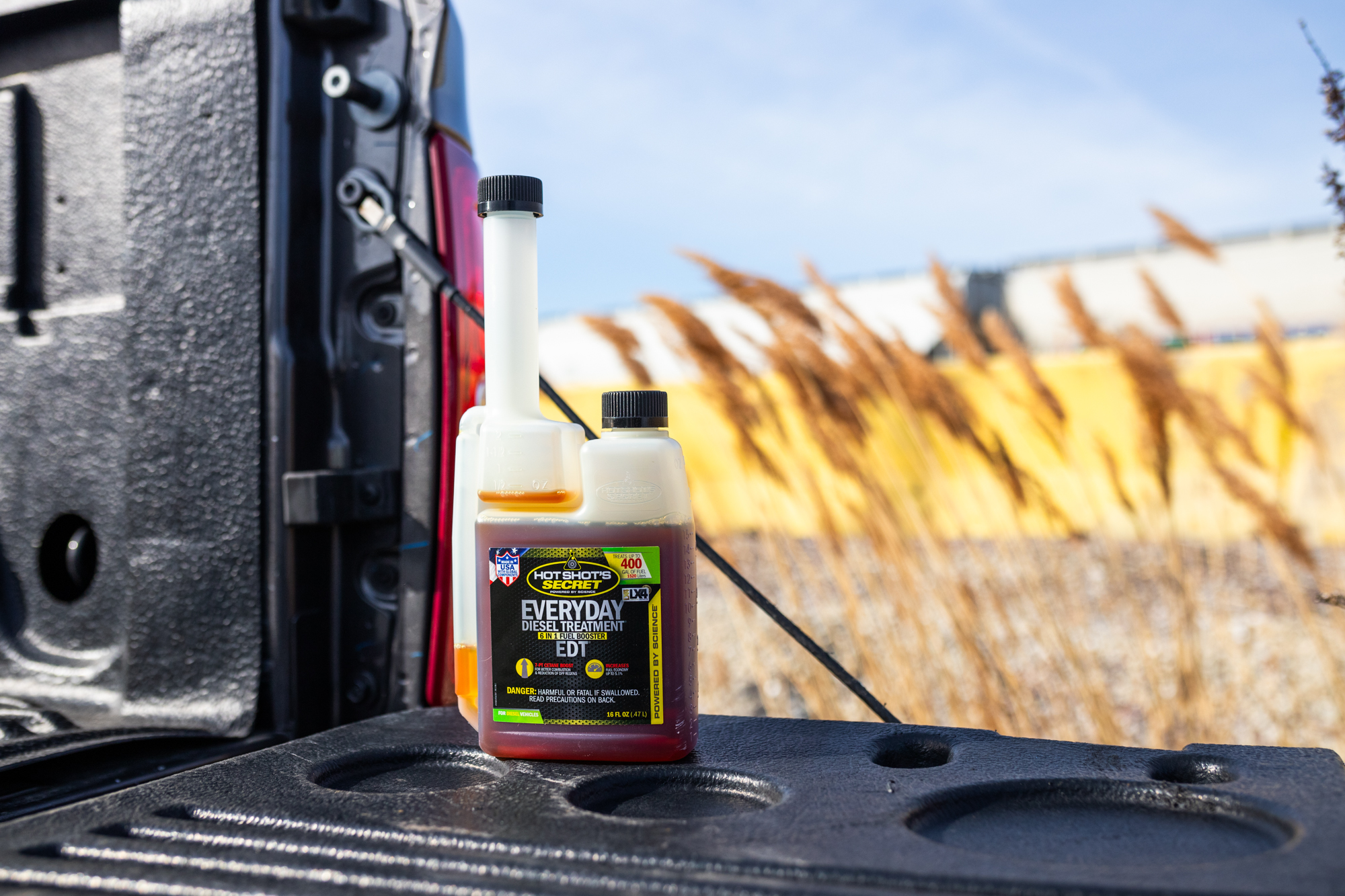
We’ve all seen it happen. You’re driving up a hill, with your diesel engine humming merrily, when it suddenly becomes eerily quiet. Your engine has lost power, and you have no idea why. You may not have to drive up a hill to encounter this issue — it might happen during simple acceleration or while …

General Motors’ Duramax diesel engines have a reputation for power, durability and towing capability. There have been six major engine generations since its original production in 2001. Each model has technical strengths and weaknesses to weigh when deciding which is best for your driving, towing and hauling needs. Choosing the right Duramax engine is an …
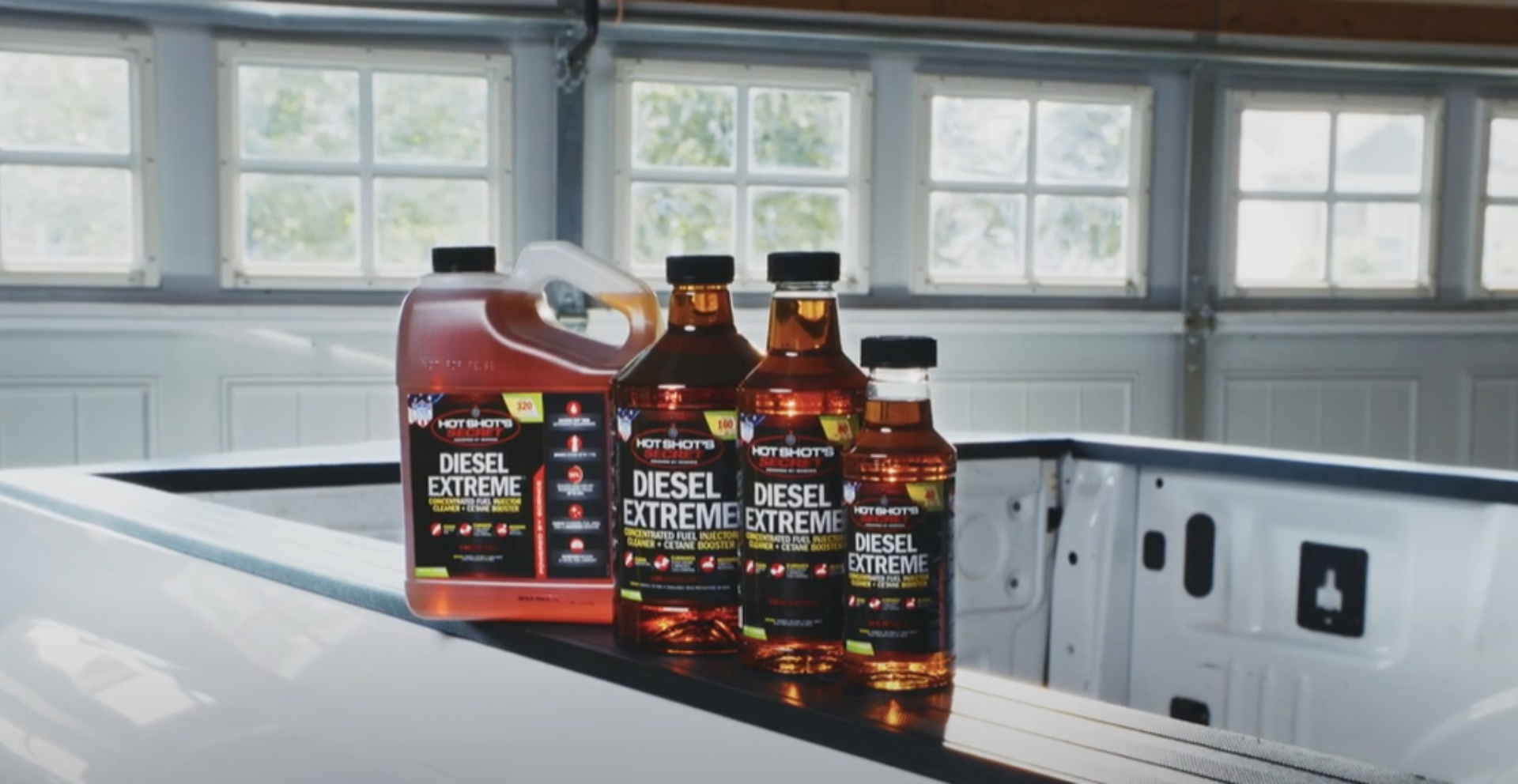
DPF delete describes the controversial removal of an engine’s diesel particulate filter. This guide breaks down the potential advantages and consequences of a system delete to help diesel vehicle owners make an informed decision. Understanding DPF and DEF Systems A diesel particulate filter (DPF) removes diesel particulate matter, primarily soot and ash from the …

A fuel rail pressure sensor monitors the diesel engine’s fuel rail pressure. It measures the fuel pressure and sends data to the engine control unit (ECU). This guide will cover fuel rail pressure sensors, including their locations and maintenance. What Is a Fuel Rail Pressure Sensor? A diesel engine relies on working components to send …

Diesel trucks cover long distances and haul heavy loads, so a more efficient fuel intake means spending less time and money at the pump and fewer negative effects on the environment. The popularity of diesel trucks remains generally high. Popular choices include the Ford F-250 Super Duty and the Chevrolet Silverado 2500 HD, though Duramax …

Tractors are the workhorses of the agricultural world, designed to tackle rough jobs daily. Like any other machine, they need regular care and maintenance to stay in top condition. Whether you’re preparing fields, hauling loads or handling other essential tasks, frequent regular or compact tractor maintenance ensures you’re always ready to do the job. …
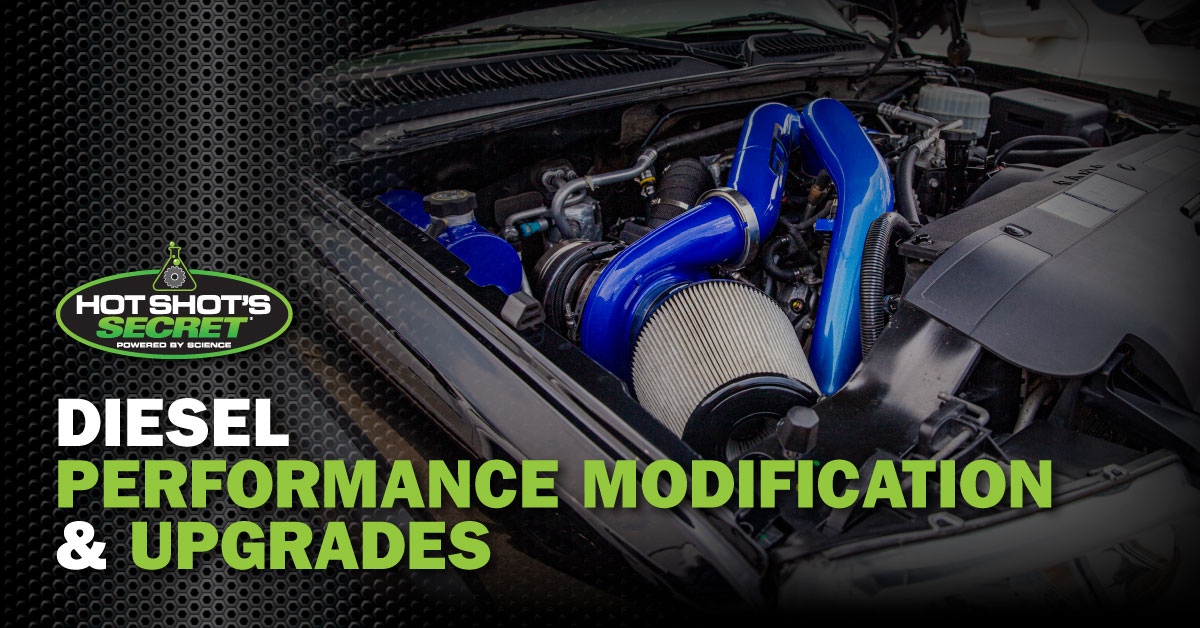
Modifying your diesel truck can improve its performance and help you save on the cost of fuel. In addition, it’s also extremely satisfying to level up your vehicle. If you’re looking for ways to upgrade and modify your diesel truck, start with this list! 10 Ways to Improve Diesel Engine Performance Not every modification …
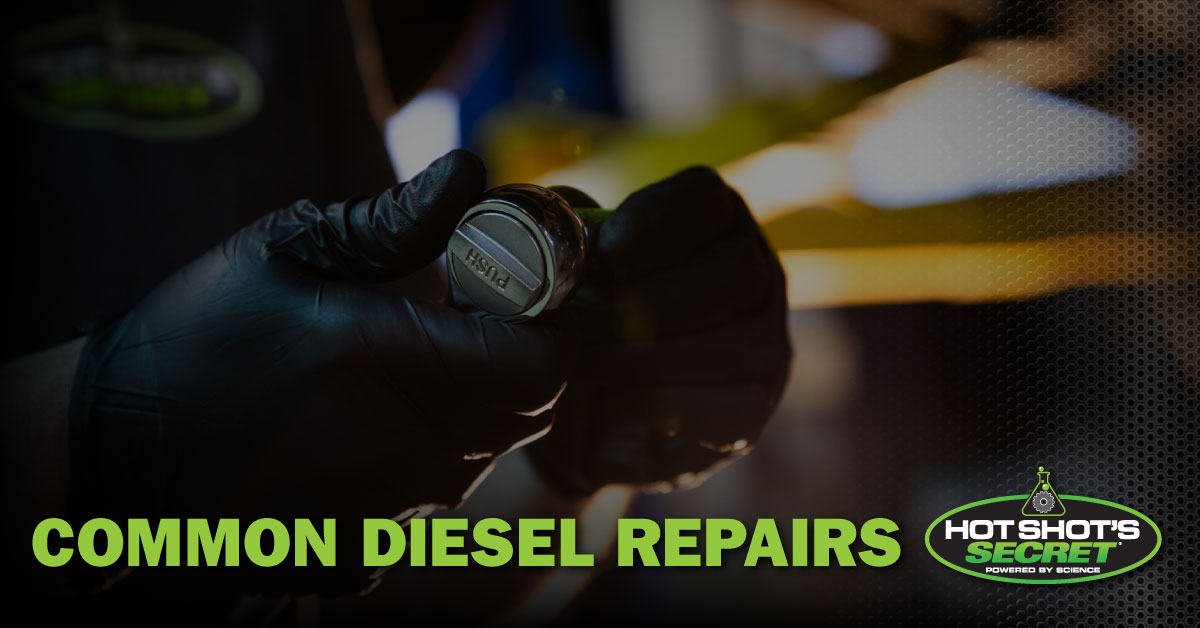
Many are switching because of the advantages of a diesel engine over gasoline. With a more efficient combustion system, improved torque and lower ownership costs for the vehicle’s lifetime, for example, diesel power plants are becoming more popular in the United States. Making the switch, however, does not come with Carte Blanche guarantees that everything …
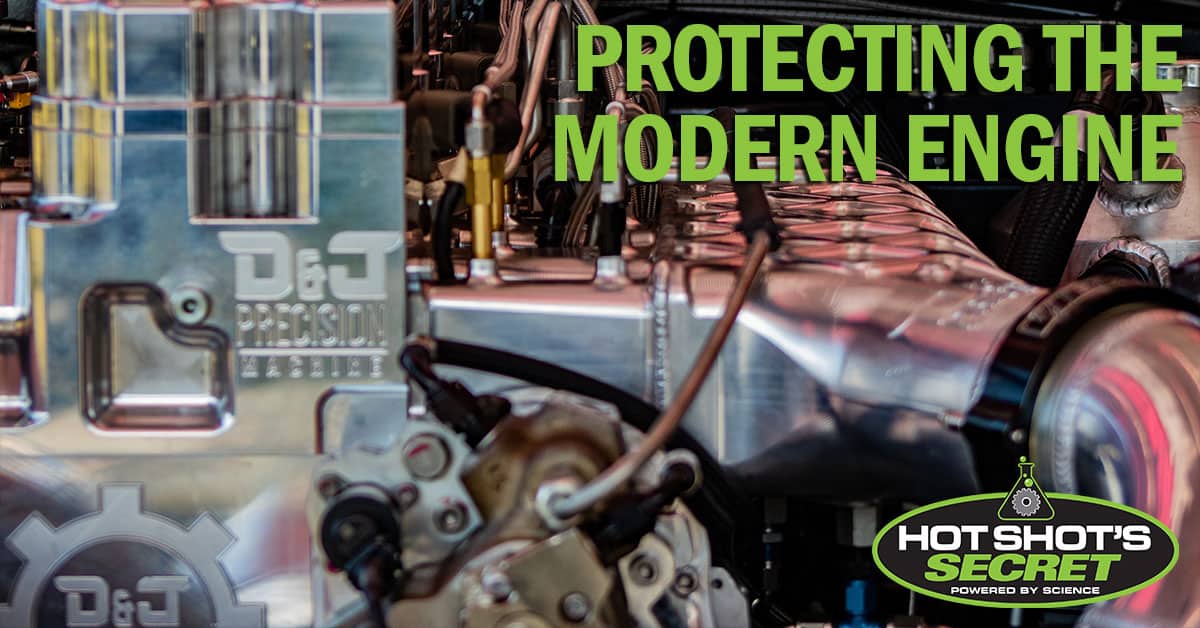
Everything’s good under the hood. Until you hear pinging sounds coming from your engine, that is. It’s that constant tapping sound that grows louder and faster when you accelerate. It’s also a sign that your car suffers from an engine knock. There are several possible answers to what causes pinging in engine systems. Identifying these …
